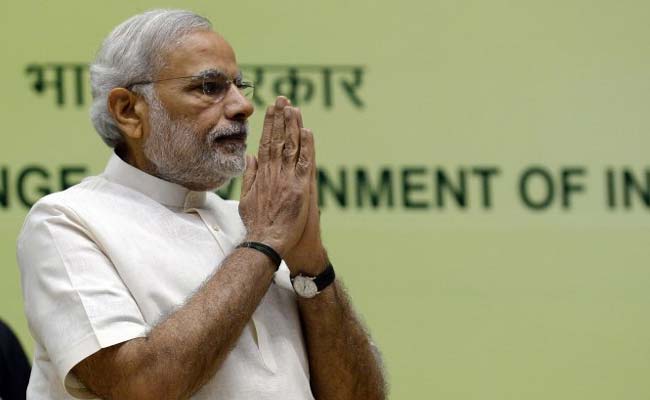Imphal, Aug 26 : An agreement has been signed between the Government of Manipur and Joint Committee on Inner Line Permit System (JCILPS) which was spearheading a movement demanding implementation of inner line permit system in Manipur, Chief Minister Okram Ibobi Singh said.
The Chief Minister said the agreement with JCILPS came about after four rounds of talks. The government will introduce Bills related to protection of the people of Manipur soon in the state Assembly, as demanded by the JCILPS. He also informed that the state cabinet would soon forward a proposal to convene the Assembly to the Governor.
State Chief Secretary PC Lawmkunga signed the agreement on behalf of the government, while Khomdram Ratan, BK Moirangcha, Arjun Tenheiba, Ksh Somorendro, Haopu Kom, Md Kheiruddin Shah Moijingmayum, Lourembam Nganbi and Oinam Nandababu signed on behalf of the JCILPS.
The Chief Minister told newspersons that the agreement was signed last night and included seven points with a preamble. The agreement said the Government of Manipur and leaders of the JCILPS had agreed on the actions of the government to enact three laws, for which Bills shall be passed in the Manipur Legislative Assembly.
The Bills are Protection of Manipur Peoples Bill, 2015, Manipur Land Revenue and Land Reforms (Seventh Amendment) Bill, 2015 and Manipur Shop and Establishments (Second Amendment) Bill, 2015.
The government also agreed to incorporate all the five-point demands of the JCILPS placed before it, while passing the Bills, Singh said. The government should associate the experts selected by JCILPS while framing the rules of the Protection of Manipur Peoples Bill, 2015, according to the agreement.
The government should also constitute a Manipur State Population Commission to assess the problems and issues of demographic imbalance and other related matters so as to take up measures towards social harmony and peaceful development, it said.
A white paper on population influx should also be brought out by the state government within one year, it added.
The Chief Minister said the agreement with JCILPS came about after four rounds of talks. The government will introduce Bills related to protection of the people of Manipur soon in the state Assembly, as demanded by the JCILPS. He also informed that the state cabinet would soon forward a proposal to convene the Assembly to the Governor.
State Chief Secretary PC Lawmkunga signed the agreement on behalf of the government, while Khomdram Ratan, BK Moirangcha, Arjun Tenheiba, Ksh Somorendro, Haopu Kom, Md Kheiruddin Shah Moijingmayum, Lourembam Nganbi and Oinam Nandababu signed on behalf of the JCILPS.
The Chief Minister told newspersons that the agreement was signed last night and included seven points with a preamble. The agreement said the Government of Manipur and leaders of the JCILPS had agreed on the actions of the government to enact three laws, for which Bills shall be passed in the Manipur Legislative Assembly.
The Bills are Protection of Manipur Peoples Bill, 2015, Manipur Land Revenue and Land Reforms (Seventh Amendment) Bill, 2015 and Manipur Shop and Establishments (Second Amendment) Bill, 2015.
The government also agreed to incorporate all the five-point demands of the JCILPS placed before it, while passing the Bills, Singh said. The government should associate the experts selected by JCILPS while framing the rules of the Protection of Manipur Peoples Bill, 2015, according to the agreement.
The government should also constitute a Manipur State Population Commission to assess the problems and issues of demographic imbalance and other related matters so as to take up measures towards social harmony and peaceful development, it said.
A white paper on population influx should also be brought out by the state government within one year, it added.





 NSCN (Khaplang), which is opposed to the deal and operates out of Myanmar, is likely to be encouraged by China
NSCN (Khaplang), which is opposed to the deal and operates out of Myanmar, is likely to be encouraged by China  A
news clip aired by an Assamese news channel, which went viral on social
media, has equated young girls wearing shorts to monkeys, giving rise
to a heated debate in civil society in the northeastern state with some
saying "nowadays we are more scared of the media than the police".
A
news clip aired by an Assamese news channel, which went viral on social
media, has equated young girls wearing shorts to monkeys, giving rise
to a heated debate in civil society in the northeastern state with some
saying "nowadays we are more scared of the media than the police".









